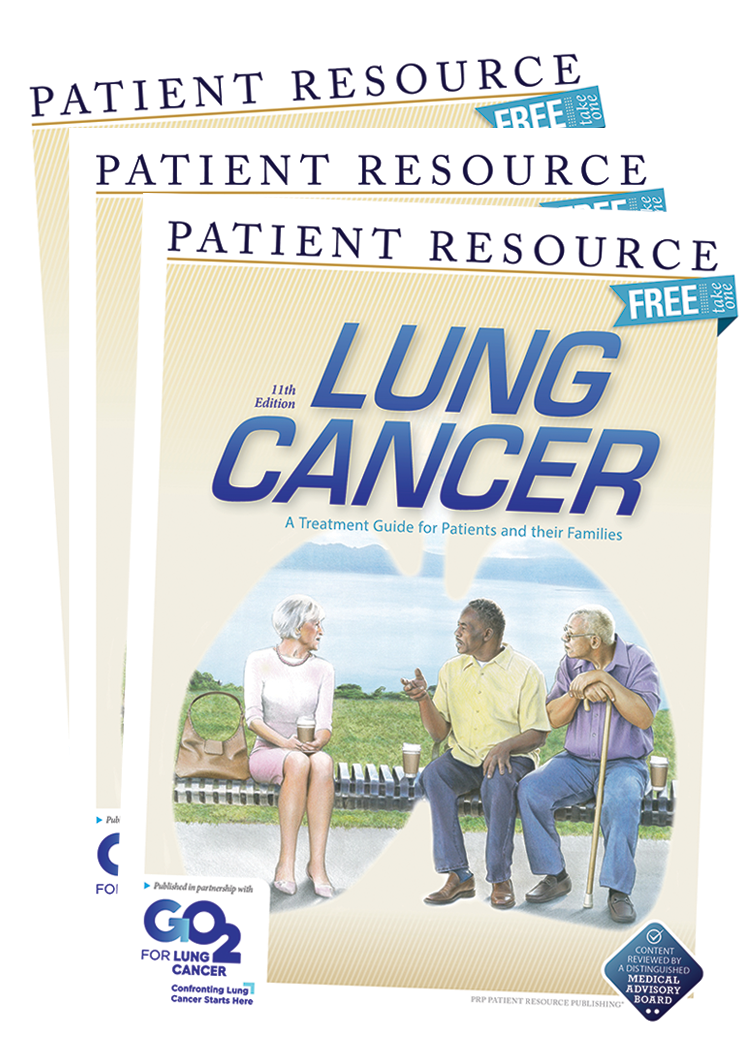Lung Cancer
Get to know your health care team
Treating lung cancer is a team effort. It’s important to know who’s on your team and how you’ll work together to achieve the best possible outcome.
Medical oncologists treat cancer with drug therapy and other medications.
Surgical oncologists perform biopsies and operations to remove cancer tumors.
Oncology nurses provide inpatient or outpatient care in a cancer treatment facility.
Pathologists are doctors trained in identifying diseases by studying cells and tissues under a microscope.
Pulmonologists are doctors who have special training in diagnosing and treating diseases of the lungs.
Thoracic surgeons perform operations in the chest.
Thoracic radiologists are expertly trained at imaging the chest and metastatic sites.
Respiratory therapists are health professionals trained to evaluate and treat people who have breathing problems or other lung disorders.
Radiation oncologists treat cancer using radiation therapy.
Nurse navigators are guides throughout the continuum of care, from diagnosis through treatment and follow-up. They advocate for patients, helping identify barriers to treatment and accessing resources to resolve such barriers.
Palliative care specialists provide physical and emotional relief for cancer symptoms and treatment-related side effects.
Nutritionists/dietitians help patients meet nutritional challenges during and after treatment.
Rehabilitation specialists/physical therapists help restore movement and build physical strength after cancer treatment.
Nutritionists/dietitians help patients meet nutritional challenges during and after treatment.
Oncology pharmacists are specially trained in how to design, administer, monitor and adjust chemotherapy for people with cancer.
Geriatric specialists are doctors who focus on the health care of elderly people.
Page Navigation



